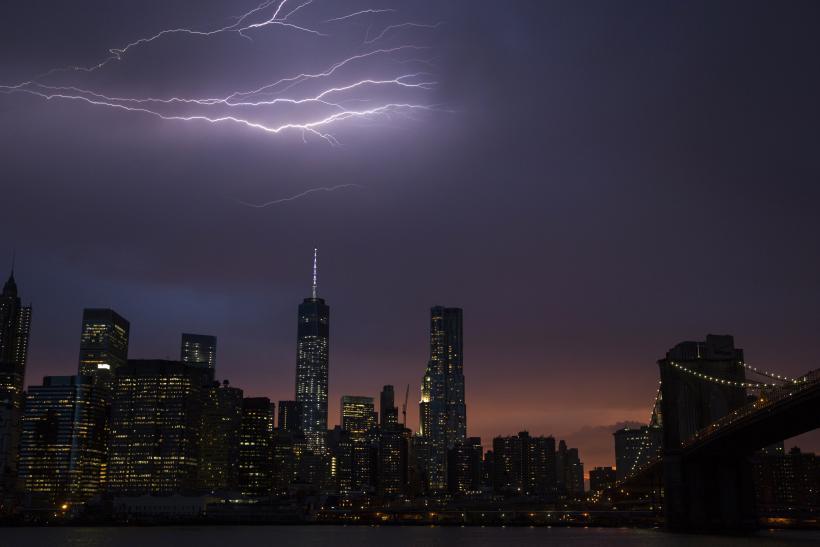War sanctions against Russia, along with misguided U.S. central bank and trade policies, are likely to fuel an economic storm that will catapult America into a major crisis, an expert has warned.
Michael Wilkerson—author, investor, and financial analyst—told The Epoch Times in a wide-ranging interview that the economic sanctions against Moscow combined with years of Federal Reserve stimulus and decades of bad trade policies are now culminating in a perfect storm of persistently high inflation.





